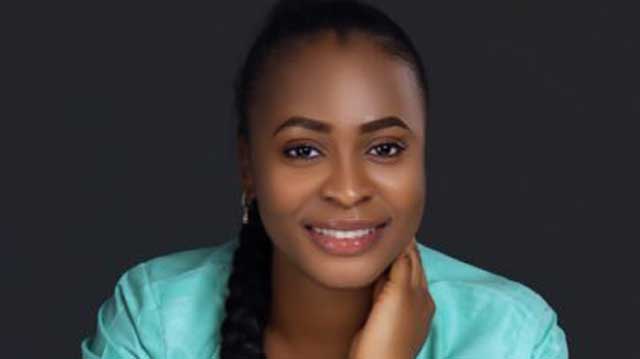
A co-Director, Keturah Ovio, at Patrons MCAA, an arts advisory and dealership firm, has said Nigeria misses up to $13.2 billion revenue opportunity from the arts industry yearly, due to lack of investments and right policies to drive the sector.
According to her, $13.2 billion in revenue amounts to only three per cent of Nigeria’s total Gross Domestic Product (GDP) of $440 billion, which she described as feasible and realisable.
Speaking during a ceremony to announce the upcoming small & iconic miniature arts exhibition, billed to take place from September 30 to October 15 in Lagos, Ovio said that experience from other nations shows that the art industry can contribute anywhere from two to 10 per cent to a country’s GDP.
She cited France, where arts contributes two per cent to the GDP and employs 600,000 workers, as an example of how a strong arts sector can support an economy. She also mentioned that South Africa’s visual arts and crafts contributed 15 per cent to the country’s GDP in 2020, while Nigeria’s arts, entertainment and recreation contributed merely 0.21 per cent to the second quarter GDP of 2023 from 0.16 per cent of GDP in the corresponding period of 2022.
“Even Kenya’s arts and creative industries contribute five per cent to the GDP. We can do three per cent, which is just a conservative estimate for me,” she said.
“Nigeria needs to invest heavily in the arts industry to boost revenue earnings from it, which is what GDP is all about,” said Ovio, who disclosed that the 15-day art exhibition will be held at The Art Hotel in Lagos.
She noted that the exhibition features five talented artists from five diverse nations: Cameroon, Nigeria, South Africa, Rwanda, and France.
“Each artist brings a unique style and perspective to the exhibition, with mediums and techniques ranging from woodwork and acrylic to oil on canvas, mixed media, and multimedia. Visitors can expect to see a feast for the senses and a celebration of the creativity of the African continent,” said Ovio.
She listed the artists as: Lambert Shumbusho (Rwanda/France), Abrifor Silas (Nigeria), Justine Gaga (Cameroon), O’Dare Adenuga (Nigeria), and Thabiso Dakamela (South Africa).






